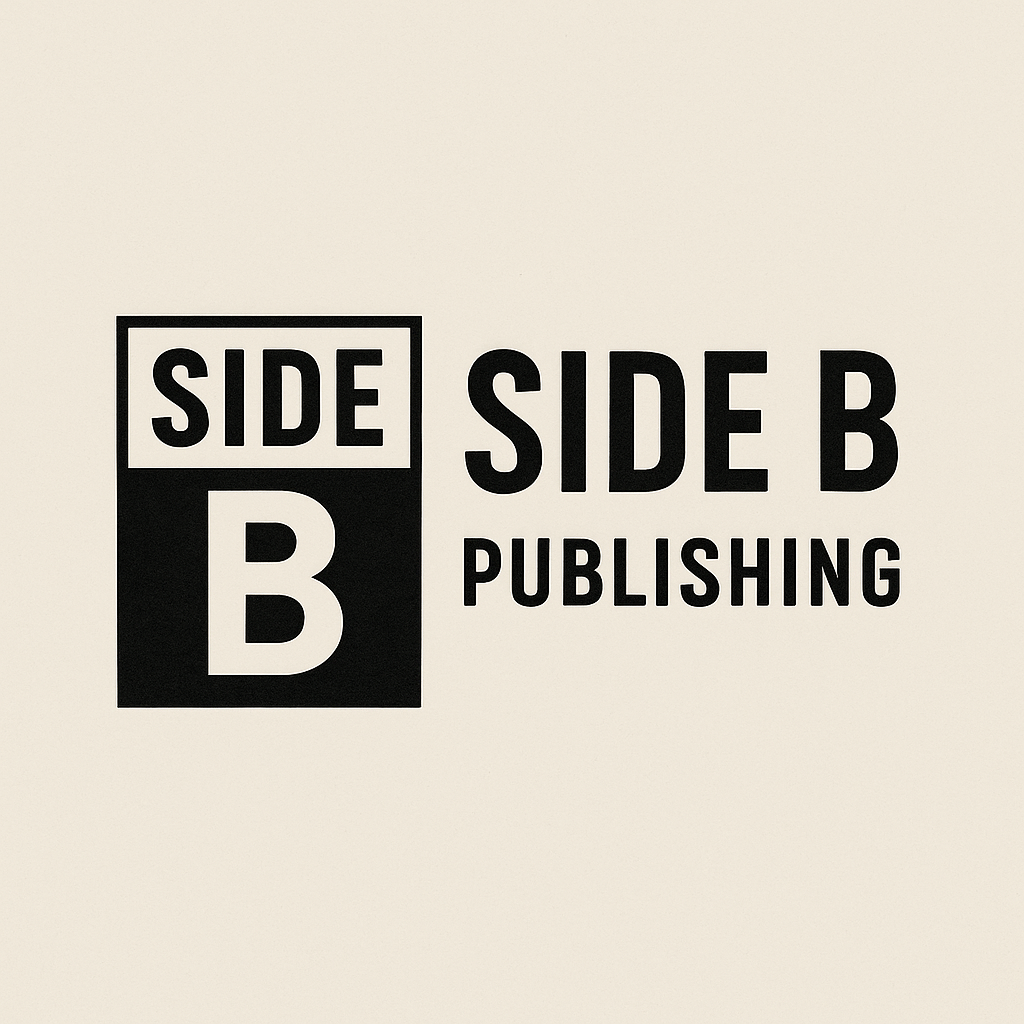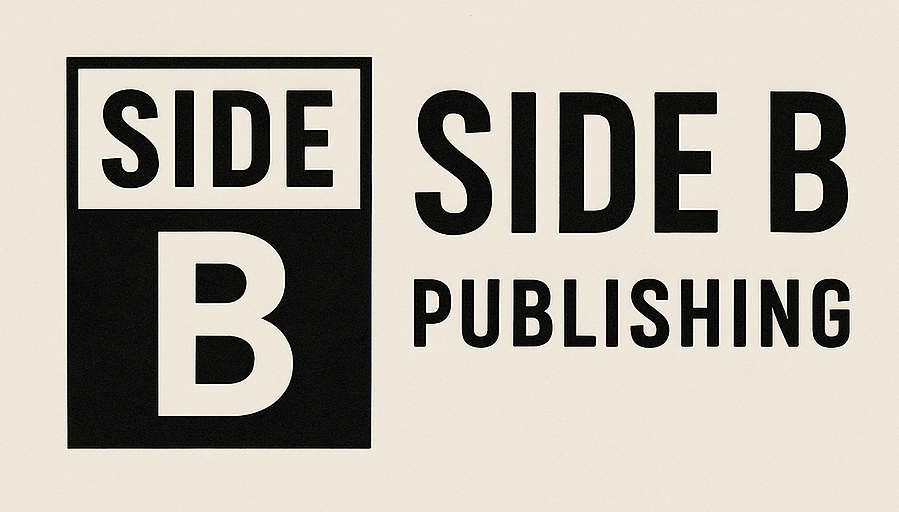
The New Food Pyramid Has People Losing Their Minds—And That's Exactly The Problem
The new 2025 Dietary Guidelines flipped the food pyramid upside down, putting protein and full-fat dairy at the top while moving grains to the bottom. Nutrition experts are furious, claiming it contradicts "decades of evidence." But here's the inconvenient truth: Americans followed the old pyramid faithfully for 30 years and became the fattest, sickest population in history. Obesity tripled. Diabetes exploded. The old pyramid didn't fail because we ignored it—it failed because it was wrong. Built on flawed science and industry influence, it made us sick while blaming us for lacking willpower.

Why I'm Not Afraid of Saturated Fat Anymore
I spent years avoiding butter, trimming fat off meat, and choosing low-fat everything. I was following decades of medical advice. Then I started eating saturated fat again and my health improved dramatically. What if we've been wrong about fat all along?

The Fat Myth: Why Everything You Know About Dietary Fat Is Probably Wrong
For 50 years, we've been told that eating fat makes you fat and clogs your arteries. But what if this fundamental belief is backwards? The fat myth reveals how flawed research created decades of harmful dietary advice.

I Shared My Health Story on Reddit. They Banned Me in 36 Minutes.
I shared my health story on Reddit—20 years on statins, calcium score of 450, how I turned it around. They banned me in 36 minutes and muted my appeal. Turns out questioning medical orthodoxy isn't allowed, even with peer-reviewed sources.

The Plant-Based Myth: Why Vegan Doesn't Always Mean Healthy
The plant-based food industry has convinced us that anything without animal products is automatically healthier. But what if your "plant-based" burger has more chemicals than a lab experiment? After questioning nutritional orthodoxy for years, I've discovered that the plant-based label has become a marketing tool that disguises highly processed foods as health foods.

The "Healthy" Fats That Might Be Poisoning You
Discover why the oils recommended as "heart-healthy" might be driving inflammation and disease. The seed oil story will shock you.

How to Stop Falling for Terrible Nutrition Studies (And Why They Keep Getting Published)
Learn to spot misleading nutrition studies that create dietary myths. Discover why most health headlines are based on weak research that proves nothing.

The Day Breakfast Became Medicine (And Why That Should Terrify You)
Breakfast is the most important meal of the day'—you've heard it since childhood. But what if I told you this 'medical wisdom' was actually created by a marketing department? The phrase was coined by General Foods in the 1940s to sell Grape-Nuts cereal. Not by nutritionists. Not by doctors. By advertisers. When researchers finally conducted proper scientific studies, the breakfast myth crumbled: there were no differences in weight loss, metabolism, or health markers between breakfast eaters and breakfast skippers. Yet billions in breakfast food sales and decades of medical education remain built on this marketing foundation. The breakfast myth isn't just about morning meals—it's a perfect case study in how marketing messages become medical advice.

Why Your Doctor's Nutrition Advice Is Probably Wrong (And It's Not Their Fault)
My coronary calcium scan came back with a score of 450—meaning 92% of people my age had less arterial plaque than I did. I'd been on a statin for twenty years, following every piece of medical advice to the letter. My cardiologist's response? I needed a stronger statin. That's when I stopped asking 'what's wrong with me' and started asking: What if the advice itself is wrong? What I discovered through investigative research will shock you: most doctors receive virtually no training in clinical nutrition, yet we trust them to guide our dietary choices. The result? Millions following medical advice that's not just ineffective—it's often counterproductive.
